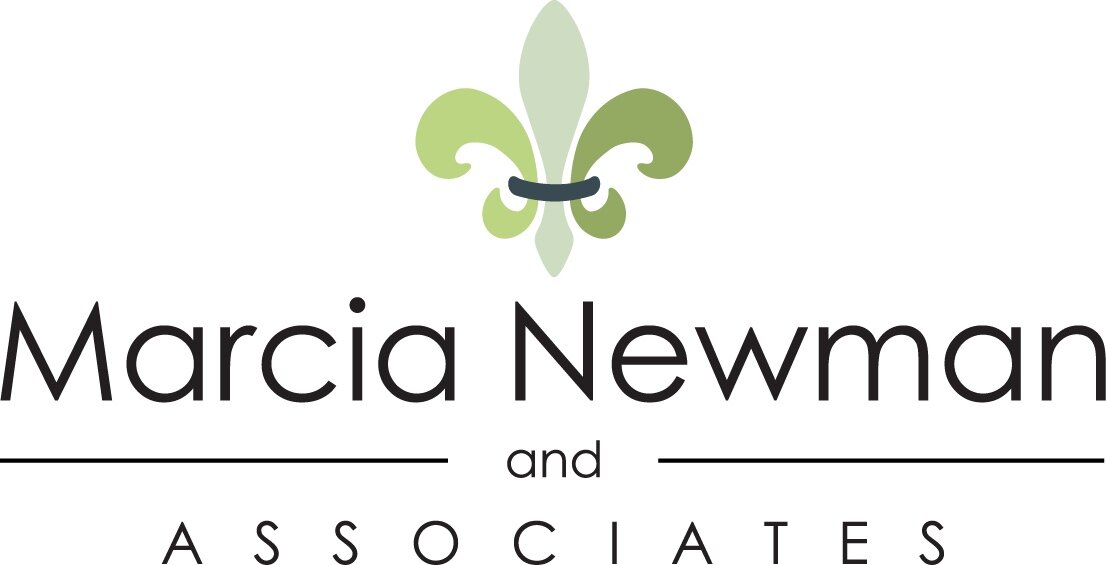Freeing your Organizational Voice
In her book, Freeing the Natural Voice, by Kristin Linklater, Ms. Linklater describes the amazing ways the body is wired, thus the need to learn to get in sync with that wiring to free up body function and thus your voice, which is very closely tied to the body. As a singer, I know this well, and find our demanding, "micro-wave" instant potatoes culture often antithetical to what is needed in singing one's best~~ simplicity and rest. Linkleter wrote the book primarily for actors to get in touch with their bodies but the same is true for any medium in which someone is using their voice; that could be speaking to an audience, business and sales development, team meetings and just freer communication. What is interesting to note is the scientific reality of the body and voice:
"The central nervous system is connected to every point of the body by nerves, which are bundles of axons originating in the cell body of neurons. The collection of all nerves connecting the central nervous sytems, (brain, for short) with the periphery and vice versa constitutes the peripheral nervous system. Nerves transmit impulses from brain to body and from body to brain . The brain and the body are also interconnected chemically by substances such as hormones which course in the bloodstream." (From the Feeling of What Happens, p. 325)
Isn't is curious that organizations are to function like a body, yet are made up of individual bodies whose nervous systems and hormones are all getting input from other stimuli? It begs the question, then, whose nervous systems are influcing your culture and people, and are they getting the messages your leaders want them to receive? Who is the central point of your nervous system in your organization, and is their voice freed up? Is there permission in your organization for you to "sing" freely?
In my coaching practice, I have found the obvious tension of personal life, work and leadership to be central to how an individual thrives in their work and adds value to the workplace. Their joy is unhindered by the free space, if you will, of a place where there is room to bring the whole person to the table and make an offering of talent and gift.
Too often, sadly, this is encumbered by either no central nervous sytem stimuli (commands) at the top to make communication clear, or a very hindered nervous system that makes every one else nervous by sending messages full of fear, pressure and dissatisfaction.
As a coach and consultant, having served over a five-year tenure at the Greenleaf Center for Servant Leadership, having worked with noted thought leaders and creative experts in the field, there is powerful merit in building a case for an attitude of trust and joy to be at the center of one's organization. Bringing our mutual gifts to serve, not only to the individuals with whom we have direct contact, but also to the organization, suggests that "the whole is often greater than the sum of the parts" (Aristotle).
No one's voice is the same as another. Haven't you often been able to distinguish a person, without seeing them, but rather by just hearing their voice? It is our voice that reflects our distinctiveness, our personalities, our spirit.
Kouses and Posner say it this way, "Visions (voices, my annotation) are unique. They set us apart from everyone else. They tell insiders and outsiders what is different about our group or our company....only when people understand how we are truly distinctive, how we stand out in the crowd, will they want to sign up with us."
If you want to lead your company, your group or team, in a way which frees up their voices, take time to get to know them as individuals, not just talent or as a human resource. They are individual contributors with passions and dreams and interests and yes, talent. Their creative and artistic talents may surprise you shared as only one facet of their being. Their total potential, however, could actually be unharnessed and unlocked by the neurons of your nervous system, encouraging them to unharness their body's and voices to become the unique persons that they are meant to be and to give to your organization.

